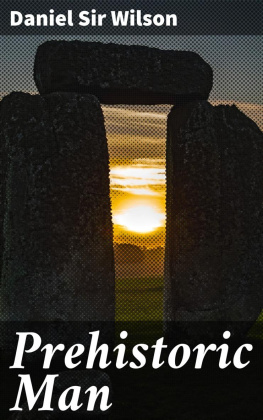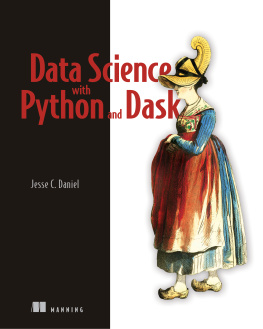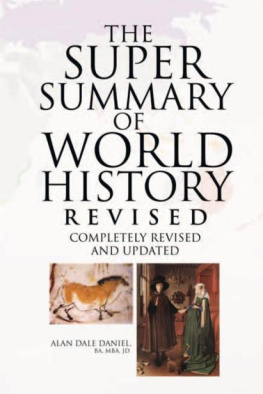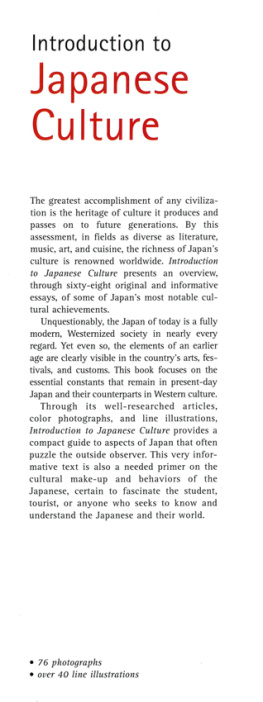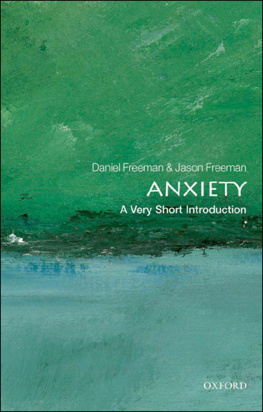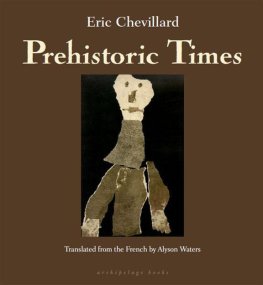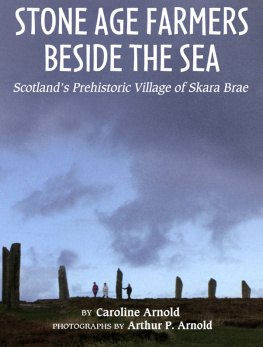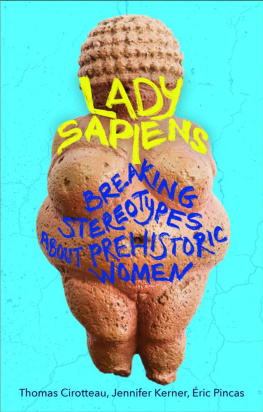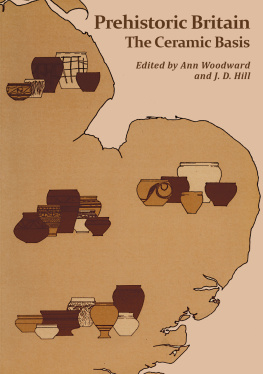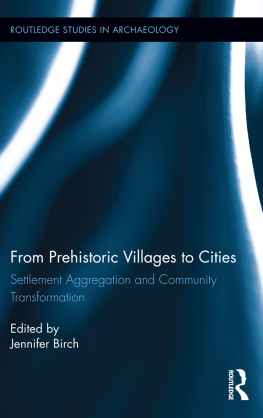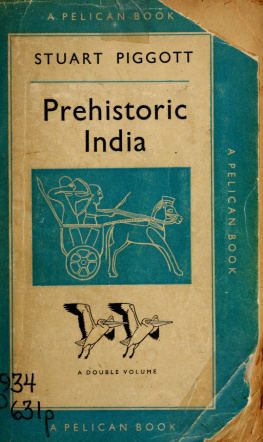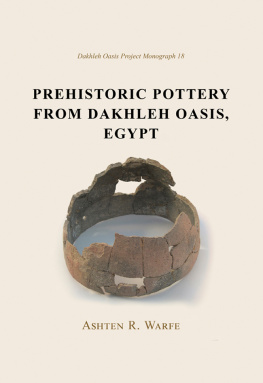CHAPTER I.
INTRODUCTION.
Table of Contents
THE INFLUENCE OF THE DISCOVERY OF AMERICATHE OLD WORLD AND THE NEWAMERICAN PHASES OF LIFETHE TERM PREHISTORICINFLUENCE OF MIGRATIONSWHAT IS CIVILISATION?DOMESTICATIONINDIAN PHILOSOPHYABORIGINESTHE TARTARTHE ARABLANGUAGES OF AMERICAWANDERINGS OF THE NATIONSFOSSIL MANOCCUPATION OF THE NEW WORLD.
The recent development of archology as a science is due in no slight degree to the simplicity which characterises the prehistoric disclosures of Scandinavia, Ireland, and other regions of Europe lying beyond the range of Greek and Roman influence. But the same element presents itself on a far more comprehensive scale alike in the archology and the ethnology of the western hemisphere. America may be assumed with little hesitation to have begun its human period subsequent to that of the old world, and to have started later in the race of civilisation. At any rate it admits of no question that its most civilised nations had made a very partial advancement when, in the fifteenth century, they were abruptly brought into contact with the matured civilisation of Europe. Hence the earlier stages of human progress can be tested there freed from many obscuring elements inevitable from the intermingling of essentially diverse phases of civilisation on old historic areas. In the days of Herodotus, Transalpine Europe was a greater mystery to the nations on the shores of the Mediterranean than Central Africa is to us. To the Romans of four centuries later, Britain was still almost another world; and the great northern hive from whence the spoilers of the dismembered empire of the Csars were speedily to emerge, was so entirely unknown to them, that, as Dr. Arnold remarks, The Roman colonies along the banks of the Rhine and the Danube looked out on the country beyond those rivers as we look up at the stars, and actually see with our eyes a world of which we know nothing. Nevertheless, the civilisation of the historic centres around the Mediterranean was not without some influence on the germs of modern nations then nursing the hardihood of a vigorous infancy beyond the Danube and the Baltic. The shores of the Atlantic and German oceans, and the islands of the British seas, had long before yielded tribute to the Phnician mariner; and as the archologist and the ethnologist pursue their researches, and restore to light memorials of Europes early youth, they are startled with affinities to the ancient historic nations, in language, arts, and rites, no less than by the recovered traces of an unfamiliar past.
But it is altogether different with the New World which Columbus revealed. Superficial students of its monuments have indeed misinterpreted characteristics pertaining to the infantile instincts common to human thought, into fancied analogies with the arts of Egypt; and more than one ingenious philosopher has traced out affinities with the mythology and astronomical science of the ancient East; but the western continent still stands a world apart, with a peculiar people, and with languages, arts, and customs essentially its own. To whatever source the American nations may be traced, they had remained shut in for unnumbered centuries by ocean barriers from all the influences of the historic hemisphere. Yet there the first European explorers found man so little dissimilar to all with which they were already familiar, that the name of Indian originated in the belief, retained by the great cosmographer to the last, that the American continent was no new world, but only the eastern confines of Asia.
Such, then, is a continent where man may be studied under circumstances which seem to furnish the best guarantee of his independent development. No reflex light of Grecian or Roman civilisation has guided him on his way. The great sources of religious and moral suasion which have given form to medieval and modern Europe, and so largely influenced the polity and culture of Asia, and even of Africa, were effectually excluded; and however prolonged the period of occupation of the western hemisphere by its own American nations may have been, man is still seen there in a condition which seems to reproduce some of the most familiar phases ascribed to the infancy of the unhistoric world. The records of its childhood are not obscured, as in Europe, by later chroniclings; where, in every attempt to decipher the traces of an earlier history, we have to spell out a nearly obliterated palimpsest. Amid the simplicity of its palography, the aphorism, by which alone the Roman could claim to be among the worlds ancient races acquires a new force: antiquitas seculi, juventus mundi.
The discovery of America was itself one of the great events in the most memorable era of the worlds progress. It wrought a marvellous change in the ideas and opinions of mankind relative to the planet they occupy, and prepared the way for many subsequent revolutions in thought, as well as in action. The world as the arena of human history was thenceforth divided into the Old and the New. In the one hemisphere tradition and myth reach backward towards a dawn of undefined antiquity; in the other, history has a definite and altogether modern beginning. Nevertheless no great research is needed to show that it also has been the theatre of human life, and of many revolutions of nations, through centuries reaching back towards an antiquity as vague as that which lies behind Europes historic dawn; and the study alike of the prehistoric and the unhistoric races of America is replete with promise of novel truths in reference to primeval man. Some of the oldest problems in relation to him find their solution there; and, amid the novel inquiries which now perplex the student of science, answers of unexpected value are rendered from the same source.
The study of mans condition and progress in Europes prehistoric centuries reveals him as a savage hunter, armed solely with weapons of flint and bone, frequenting the lake and river margins of a continent clothed in primeval forests and haunted by enormous beasts of prey. Displaced by intrusive migrations, this rude pioneer disappears, and his traces are overlaid or erased by the improved arts of his supplanters. The infancy of the historic nations begins. Metallurgy, architecture, science, and letters follow, effacing the faint records of Europes nomadic pioneers; and the first traces of late intruders acquire so primitive an aspect, that the existence of older European nations than the Celt seemed till recently too extravagant an idea for serious consideration.
After devoting considerable research to the recovery of the traces of early arts in Britain, and realising from many primitive disclosures some clear conception of the barbarian of Europes prehistoric dawn, it has been my fortune to become a settler on the American continent, in the midst of scenes where the primeval forests and their savage occupants are in process of displacement by the arts and races of civilised Europe. Peculiarly favourable opportunities have helped to facilitate the study of this phase of the New World, thus seen in one of its great transitional eras: with its native tribes, and its European and African colonists in various stages of mutation, consequent on migration, intermixture, or collision. In observing the novel aspects of life resulting from such a condition of things, I have been impressed with the conviction that many of the ethnological phenomena of Europes prehistoric centuries are here reproduced on the grandest scale. Man is seen subject to influences similar to those which have affected him in all great migrations and collisions of diverse races. Here also is the savage in direct contact with civilisation, and exposed to the same causes by means of which the wild fauna disappear. Some difficult problems of ethnology have been simplified to my own mind; and opinions relative to Europes prehistoric races, based on inference or induction, have received striking confirmation. Encouraged by this experience, I venture to set forth the results of an inquiry into the essential characteristics of man, based chiefly on a comparison of the theoretical ethnology of primitive Europe, with such disclosures of the New World.


